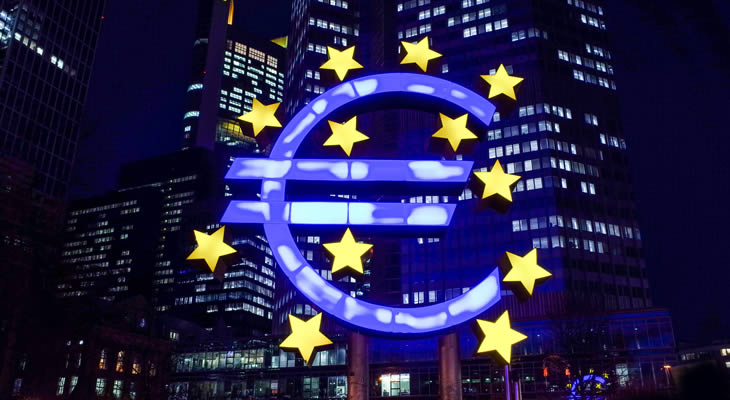The Pound to Euro (GBP/EUR) exchange rate slipped this morning of the back of the third national lockdown which was announced yesterday evening. The pair is currently trading around 1.1058.
Pound (GBP) Struggles Against New ‘Hard’ Lockdown Measures
The Pound (GBP) has suffered losses at the start of 2021, with all investor focus burdened by the announcement of a further national lockdown for England, which followed on from Scotland, Wales and Northern Ireland’s new restrictions.
Prime Minister Boris Johnson announced a new lockdown effective from Wednesday morning, asking people to remain at home and instructing schools to close, until ‘at least after the February half-term.’
Mr Johnson said in his televised address to the nation that:
“Everyone in England must stay at home except for permitted reasons during a new coronavirus lockdown expected to last until mid-February.”
The UK is aiming to accelerate its vaccine rollout with the Oxford/AstraZeneca vaccine candidate which began yesterday, and is not only cheaper than the Pfizer version but easier to store.
The tougher restrictions overshadowed the post-Brexit trade deal and any vaccine optimism, weighing on the Pound.
Should restrictions start to ease by mid-February and the vaccine rollout is successful the economy can find itself shifting into a more sustainable recovery, which could in turn help aid the British Pound higher.
Euro (EUR) Supported by Unexpected Retail Sales Figures
The Euro (EUR) has been well supported despite Covid-19 cases continuing to rise and lockdown restrictions across the Eurozone tightening thanks to a dovish tone surrounding the negative correlation between the Euro and US Dollar (USD).
The Eurozone’s largest economy Germany, is extending its national lockdown which started in mid-December by at least three weeks, which could cause EUR investors to worry.
However, retail sales in Germany jumped 1.9 percent month-over-month in November of 2020, beating forecasts of a 2 percent drop. Furthermore, year-on-year, retail sales were up 5.6 percent, also beating forecasts of 3.9 percent despite coronavirus restrictions. The Euro was supported from the retail data releases.
Germany’s seasonally adjusted unemployment stood at 4.5 percent in November 2020, unchanged in each of the previous three months and remaining at the highest level since December 2015.
The number of unemployed people was unchanged at 1.98 million while employment was almost unchanged at 42.17 million
Pound to Euro (GBP/EUR) Outlook: Coronavirus to Remain in Focus
The coronavirus pandemic is expected to stay in focus for Pound (GBP) investors as the next six weeks are crucial for the reopening of the economy.
In terms of data releases both Sterling and Euro (EUR) investors will be looking to the final services PMI’s for the end of 2020.
If the UK and the Eurozone’s major economies beat forecasts, which although remain in contraction, a growth is expected. Indicating the beginning of economic recovery, however any dovish figures could push down the currencies further.


Comments are closed.